Intuitive Eating Q&A: Part 5
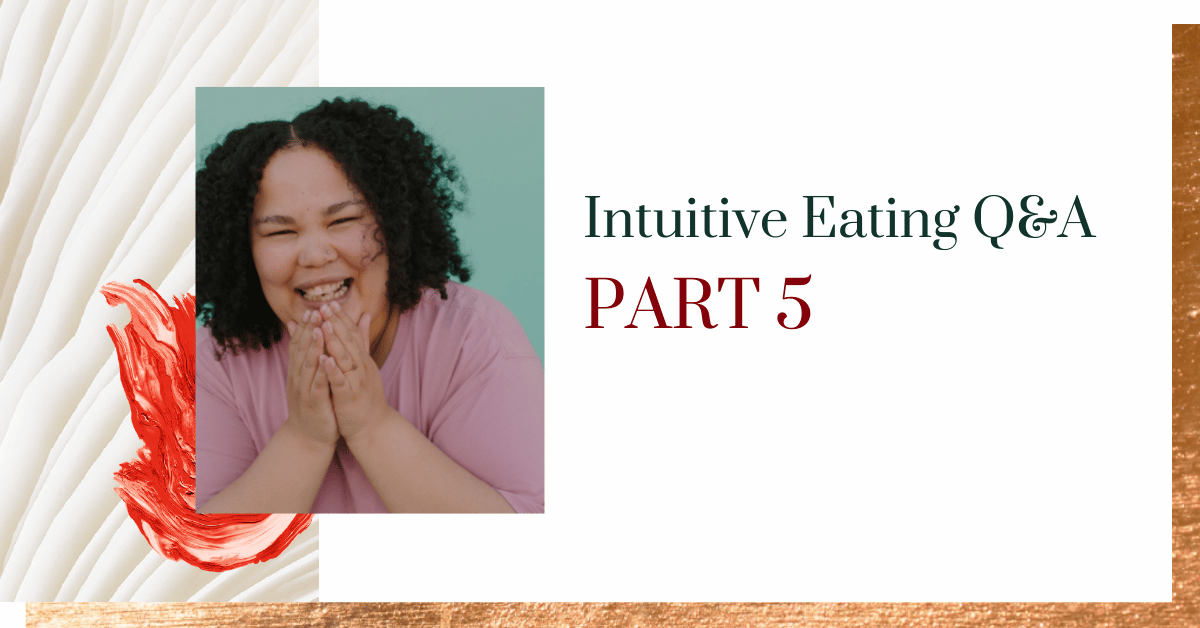
Part 5 of this Intuitive Eating Q&A series addresses more intuitive eating questions about whether we need a “sugar detox,” size privilege for fat folk, and enjoying sex in larger bodies. Check out my answers and tips below!
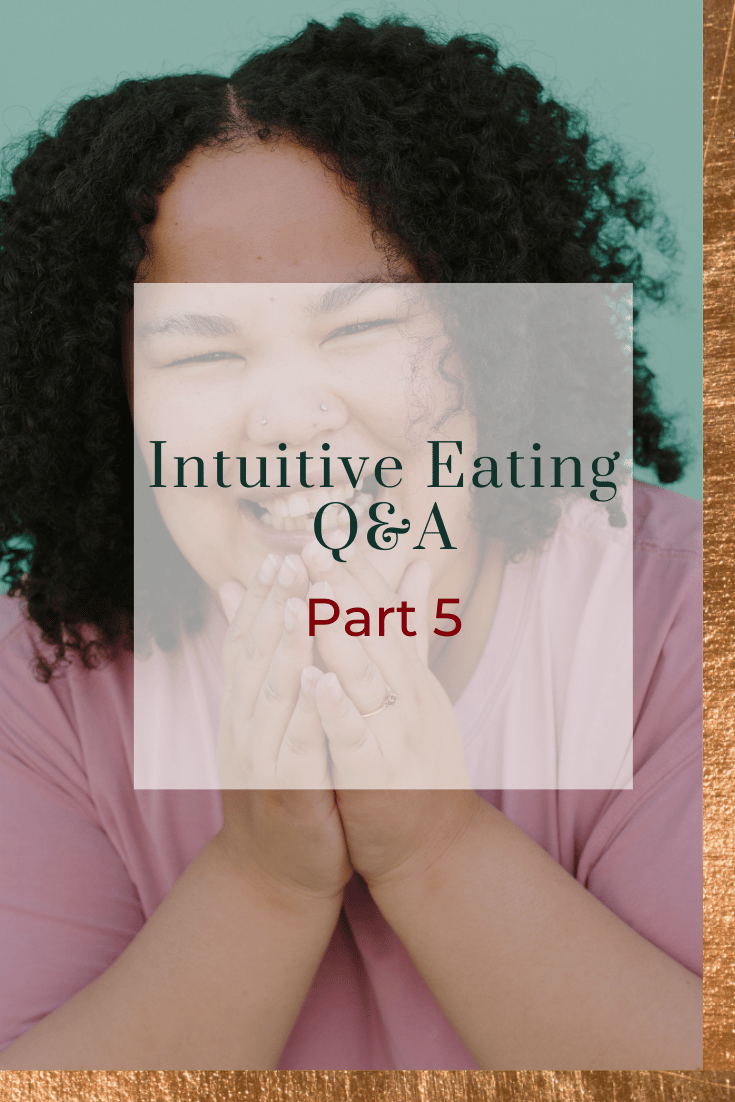
In Part 1, Part 2, Part 3, and Part 4 of this Q&A series, I addressed topics such as how to deal with cravings, where nutrition and exercise fit in intuitive eating, how to stop feeling guilty, different types of hunger, how to continue to be successful in your intuitive eating journey, and so much more. The questions keep coming, which I love! So here is part 5 of the Intuitive Eating Q&A series. If you’ve got other questions please comment below and I’ll include them in an upcoming blog post.
Back when I was exploring Whole30, an argument I found compelling was that today’s food scientists have manipulated our foods by sneaking in sugar everywhere in order to “feed our sugar addiction” so that we keep buying their products. How does an intuitive eating dietitian respond to this?
Yes, it’s true that our food supply has changed and that food scientists have added more sugar to some of our foods. This can make the food more palatable, but not addictive. What the studies have shown is that addiction-like behaviors occurred only when people had their sugar intake restricted or limited. So the addictive-like behaviors are not because of the neurochemical effects of highly palatable foods, but actually because people have intermittent access to these foods. So a restrictive diet, like Whole30 where you cut out sugar, can actually have the opposite effect of increasing cravings and feeling MORE out of control around sugar afterwards.
The very act of attempting to “detox” may be what causes binge-like behavior or feeling out of control around sugary foods. Studies have shown that when people describe feeling “addicted” to sugar or intense cravings, it is a result of restricting intake or limiting access to these foods, which then increase the desire and out-of-control feeling when you are finally allowed to have them. This isn’t true addiction and is more likely a symptom of disordered eating.
Despite how I feel about my body (poorly) I don’t fit into many of the descriptions of what fat people experience in public. Is it possible for fat people to experience size privilege?
Great question! There is a spectrum of size privilege, and the closer to thin or “straight sized” you are (straight sized generally meaning you wear a US size 12-14 or less), the more size privilege you likely have. This is true for fat people as well. While all experiences of fat folks are valid, there are still size privileges for smaller fat people over larger fat people.
Ash of the Fat Lip podcast created a chart that lays out the fatness spectrum and coined the term “infinifat”, which is at the end of the fat spectrum. Linda from the blog Fluffy Kitten Party wrote a wonderfully comprehensive post about this: Fategories: Understanding the Fat Spectrum where she describes the size spectrum and answers a bunch of questions including why categorizing people based on size is even a thing. The experiences of fat folks who fall into the small fat category have very different experiences compared with those who are infinifat. Somewhere in between, you also have mid-fat and super fat, or what Roxanne Gay calls “Lane Bryant fat”.
As bodies increase in size, privilege based on size disappears. For example, a small fat person may still pass as being “thick” or “curvy” especially if they are hourglass-shaped (like most plus-sized models). They can still receive healthcare in which their non-weight related issues may still be addressed. They can still purchase clothes off the rack at most places. They rarely come across places that are unable to accommodate them, such as turnstiles, restaurants, or doctors’ office chairs. As a person goes up in the categories, their only option for buying clothes may be plus-sized shops. Further up the spectrum, it becomes impossible for infinifat people to purchase their clothing in a store at all, and they suffer the most weight stigma and cruel treatment at the doctors’ office. Their ailments may never be addressed or weight loss surgery will be recommended first. Public places are not designed to accommodate infinifat folks, such as restaurant booths or airplane seats.
So to answer your question, yes, it is possible for fat people to experience degrees of size privilege. A reminder that the privileges that you may hold have nothing to do with how you feel about yourself, but about how society treats you. That means, for example, that a person can have size privilege and still struggle with their body image. Privilege is in reference to various systems of oppression that exist in our society. When it comes to body size, people who are in fat bodies experinece oppression based on the size of their body.
As Linda writes in her blog, “The closer someone is to being thin, the more privilege they hold. The fatter they are, the less privilege they hold. This is because our society prizes thinness and condemns fatness. People with privilege don’t feel their privilege, it’s those without privilege who feel it.”
I am learning to love my changing body. However, as my body is healing and growing, it is impacting how physical activities feel, especially sex. I’m more uncomfortable and self-conscious and sex just doesn’t feel as good. I don’t want to give up on sex, but I’m struggling with wanting to feel how I felt in a smaller body.
It’s normal for all bodies to feel discomfort from time to time, and experience good and bad body image days. It’s also normal for people in all body sizes to enjoy sex and feel good. While it can be easy to place blame or scapegoat your body’s size as the reason for the discomfort during physical activities such as sex, it’s important to pause and consider, “what’s really causing the discomfort?”
Dawn Serra, host of the Sex Gets Real podcast, has a great episode on fat sex with Curvy Girl Sex author Elle Chase – I encourage you to check this out. Dawn also has a lot more excellent resources on her podcast and website.
You may also be struggling with body image, which is affecting how you feel during sex. It’s also normal for all people to feel more self-conscious about their bodies when they are naked and feel vulnerable. It’s important to remind ourselves that we are worthy of enjoying sex without shame or judgment, and feeling good in our bodies.
Check out the other posts in the Q&A series:
Intuitive Eating Q&A Part 1
Intuitive Eating Q&A Part 2
Intuitive Eating Q&A Part 3
Intuitive Eating Q&A Part 4
Do you still have other questions about intuitive eating? Share with me below!
Looking for more intuitive eating support?
Check out my Unapologetic Eating 101 Course, an online, self-paced program to liberate yourself from dieting and make peace with food and your body.
My team and I also offer virtual one-on-one support – you can check out our virtual intuitive eating nutrition coaching packages.
My book, Unapologetic Eating: Make Peace with Food and Transform Your Life, is also a great resource that includes information, research, and reflection prompts to help you move away from dieting and come back home to your body, so you can live your most unapologetic, liberated life.
Author Bio
This article was written and reviewed by Alissa Rumsey, MS, RD, CSCS, a registered dietitian and Certified Intuitive Eating Counselor. She specializes in weight-inclusive care, intuitive eating, body image healing, mindfulness, self-compassion, and healing from chronic dieting, disordered eating, and eating disorders. Alissa holds a Bachelor’s Degree in Nutrition and Exercise Science, and a Master’s Degree in Health Communications, and is also an NSCA Certified Strength and Conditioning Specialist.
2 Comments
Leave a Comment
share the love
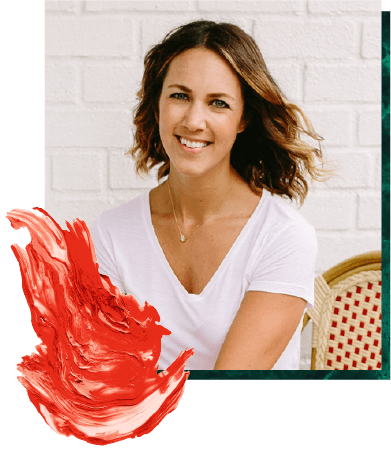
about
Alissa Rumsey, RD.
Alissa Rumsey, MS, RD, CDN, CSCS (pronouns she/her/hers) is a registered
dietitian, nutrition therapist, certified intuitive eating counselor, and the author of
Unapologetic Eating: Make Peace With Food and Transform Your Life. Alissa is
passionate about helping people reclaim the space to eat and live,
unapologetically.
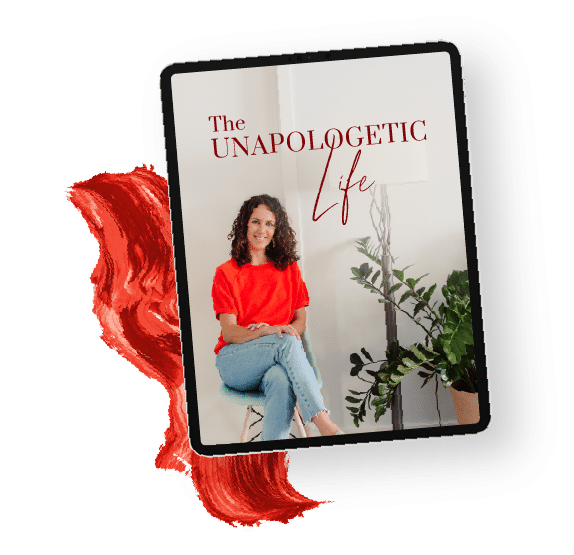
A twice-a-month round-up of inspirational stories, lessons, practical tips and encouragement for living your most authentic, unapologetic life.
The Unapologetic Life
RECENT POSTS
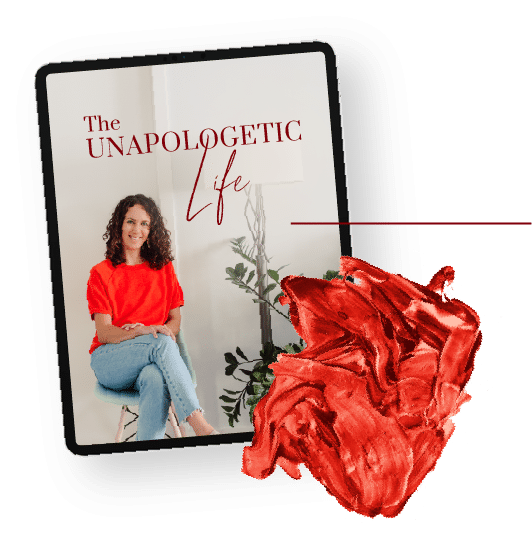
The Unapologetic Life
A twice-a-month round-up of inspirational stories, lessons, practical tips and encouragement for living your most authentic, unapologetic life.






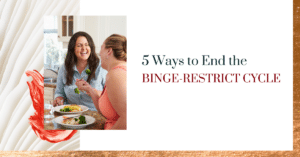
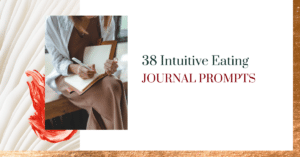
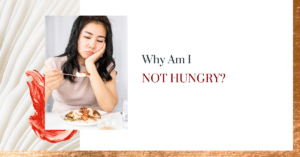
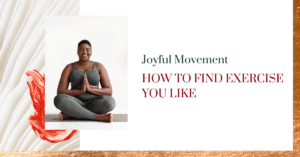
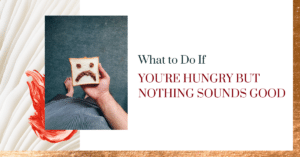
I am having great difficulty starting on Intuitive Eating. I have a family and limited time. I have to know what I am having for breakfast the night before. I also have to make my lunch the night before because I have no access to food at work, and need to get food out to thaw in the morning before work, so there is no ‘figuring out what I am hungry for.’ How do I grocery shop for Intuitive Eating and how do I eat intuitively on a tight schedule?
Hi Theresa, Thank you so much for sharing this! And I want to say first that nothing is wrong with you for feeling this way. Many of us live with full schedules, families, jobs, and real constraints around food so that we can’t always eat exactly what we may be hungry for. You’re not doing it “wrong”; you’re navigating real life.
One of the biggest misconceptions about intuitive eating is that it means deciding every meal in the moment. It doesn’t. You can absolutely plan ahead, prep food the night before, and grocery shop on a schedule — and still eat intuitively. Structure and intuition can coexist. When you prep breakfast or pack a lunch the night before, you’re simply making sure you have something satisfying and accessible later. That’s not anti-intuitive — that’s self-care. Something that some people find helpful is building some flexible meal options. For example, instead of needing to know the exact meal, think in categories. For example, have a few breakfast/lunch options you generally enjoy and rotate through based on what sounds good the night before. Flexibility can happen within the planning.
Even if you can’t fully choose exactly what you want in the moment, you can still check in with yourself while eating: Does this taste good? Do I need more? Is there something I can add to make this more satisfying? Those small moments of attunement matter.
You’re doing a beautiful job by even asking these questions. You’re already on the path. And I promise that intuitive eating can absolutely work with planning, preparation, and structure — it just may look different than the Instagram version of it 🙂